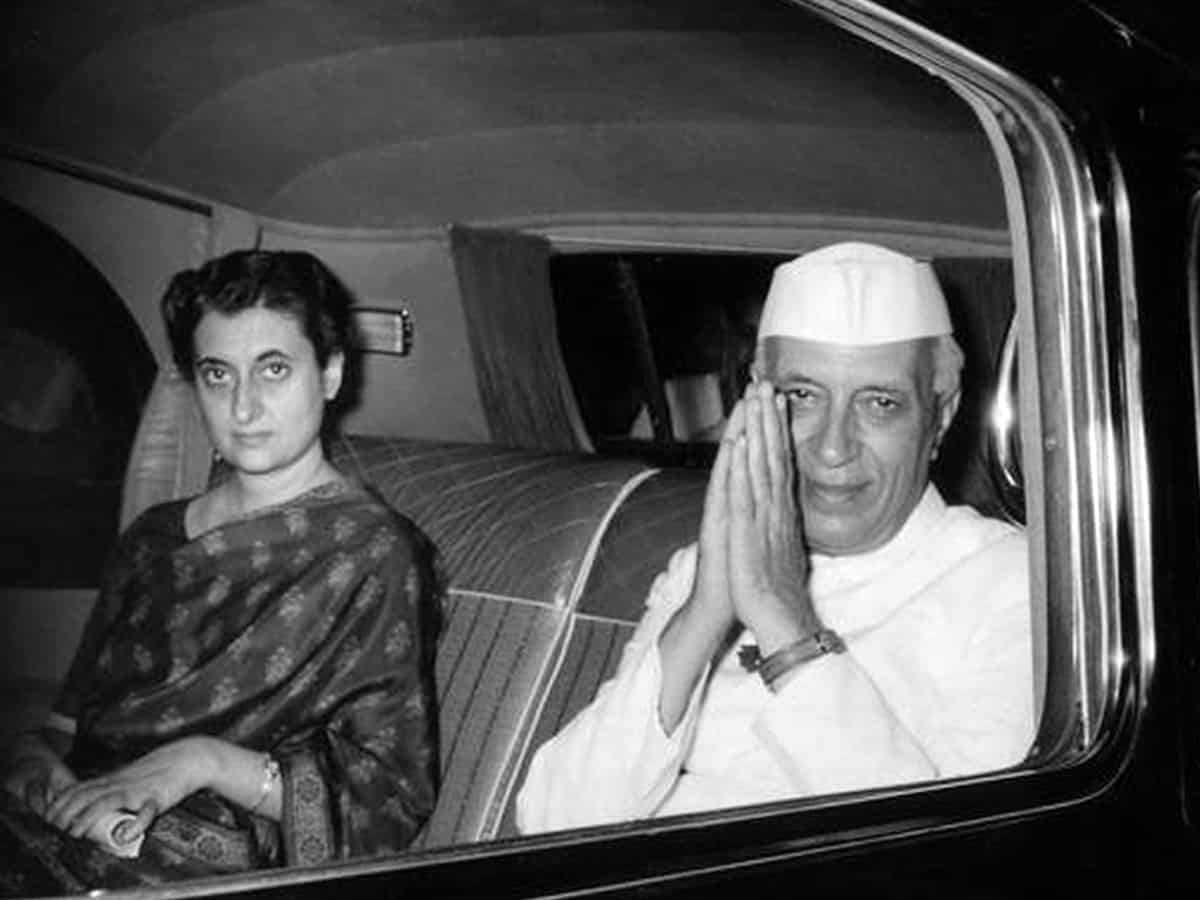
Another season of the IPL is now underway. The world’s top cricketers are present in India to take part in the tournament. Today India is the hub of international cricket and the game is the most popular sport in India. But it was not always so. There was a time, after independence, when cricket did not have the status that it now enoys. In fact the game may not have risen to great heights had not the then Prime Minister Jawaharlal Nehru made a crucial decision that had a spin-off effect on the future course of the game.
When India became independent in 1947, hockey and football got more attention and success than cricket. In hockey India had already won an unprecedented three gold medals at the Olympic Games thereby overtaking Great Britain which had two. India had established itself as the best nation in world hockey and the names of Dhyan Chand and other hockey stars were more popular than any others in the land.
In football, India’s clubs were among the first to be formed in Asia and these club teams could sometimes defeat British army teams. In 1911, Mohun Bagan defeated the East Yorkshire Regiment to win the prestigious IFA Shield. In 1940 Aryan club won the trophy and thereafter Indian clubs dominated the event. In 1940 Mohammedan Sporting club became the first Indian team to win the Durand Cup (third oldest tournament in the world) when it defeated the Royal Warwickshire Regiment.
In 1948 the Indian football team took part in the London Olympic Games and gave a hard fight to footballing super power France. Following this noteworthy display, India had been invited to take part in the FIFA World Cup in Brazil in 1950. In hockey India’s team was unbeatable.
Hockey and football stars were the sportsmen who were the best known amongst the sports lovers of India. There was also an element of patriotism in this, because these players and their teams were able to defeat the British teams during the time of the British Raj.
Cricket on the other hand was not doing very well. Before independence, India had produced some fantastic players like C.K. Nayudu, Mohammed Nissar, Amar Singh, Lala Amarnath and others but the Indian team could hardly win any matches. India had been given Test status in 1932 but when India became an independent nation, a question mark arose about India’s status within the ICC (then called Imperial Cricket Conference) which was at the time dominated by England.
Had India opted out of joining the British Commonwealth of Nations there was likelihood that India’s membership of the ICC could be terminated. Author and cricket historian Mihir Bose has written in his book Nine Waves that the ICC had decided that the newly independent India could remain as a member but only provisionally. Powerful forces within the ICC were in favour of throwing out India if India decided not to be a part of the Commonwealth.
But it was at this juncture that Prime Minister Jawaharlal Nehru’s decision came to Indian cricket’s rescue. Although it must be clarified that he did not do it for cricket. He had several economic and political factors in mind. He decided to go against the wishes of his own party men and place India within the Commonwealth. Congress leaders were adamant that India should never join the Commonwealth. But Nehru argued vehemently in favour of Commonwealth membership on the grounds that a friendly relationship with Britain and her allies would be in India’s best interests.
The side effect of the decision to join the Commonwealth was that Indian cricket got a much needed life line at a time when hockey and football were more popular. It served to keep India in the ICC and later enabled the game to develop.
Incidentally Nehru was a great sports lover and used to encourage all sports. It was under his leadership that India hosted the first Asian Games in 1951 with great success. Just like his daughter Indira Gandhi did in 1982 with the Delhi Asian Games. Both father and daughter were aware of the fact that sports had a public relations value and could be used to showcase the nation’s prosperity and success in front of the international community.
But Nehru also had a soft corner for cricket. He had himself played cricket when studying at Harrow in the UK. He was not a skilled cricketer but he cared for the game. When the West Indies toured India for the first time after independence, Nehru insisted that the first match should be played in the nation’s capital New Delhi. So he was probably glad to see that a decision which he had made mainly on economic and political grounds also had the effect of reinforcing India’s stature in international cricket.

